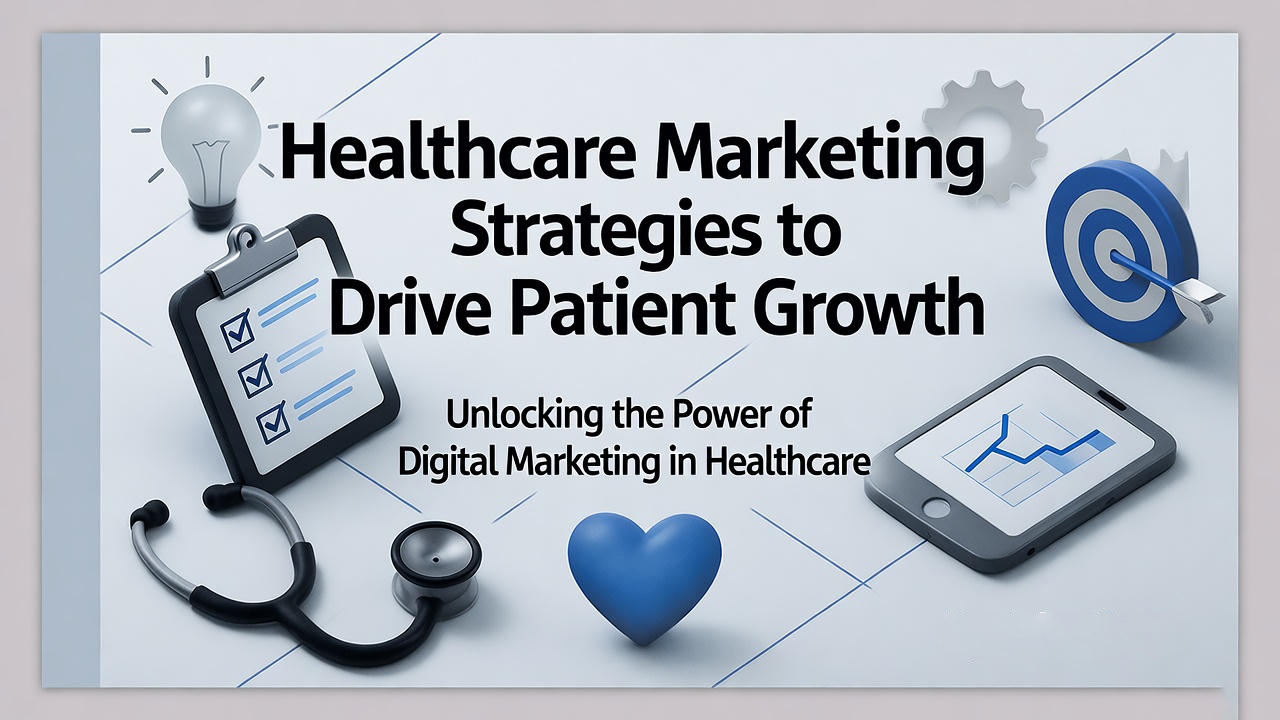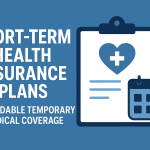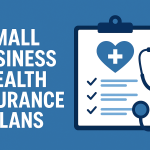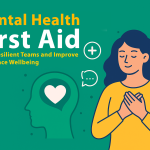Healthcare providers today face an unprecedented challenge: patients are digitally empowered and highly selective. In Tier One markets such as the US, UK, Canada, and Australia, simply offering quality care is no longer enough—clinics and hospitals must actively market themselves to attract and retain patients. Healthcare marketing goes beyond advertising; it’s a strategic combination of patient education, digital engagement, brand building, and trust cultivation.
Consider a private dermatology clinic in New York City. Despite being highly qualified, their patient intake was stagnant. By implementing a holistic marketing strategy that included SEO-optimized blogs, Facebook and Instagram campaigns, patient testimonial videos, and targeted Google Ads, the clinic increased new patient bookings by 60% within six months. This demonstrates the power of innovative healthcare marketing ideas executed with precision.
Healthcare marketing agencies specialize in crafting strategies that integrate digital and traditional channels. These include content marketing, social media engagement, telehealth promotion, local SEO, paid advertising, and online reputation management. Analytics-driven strategies track patient acquisition, engagement, and retention metrics, ensuring every campaign delivers measurable results.
Strategic healthcare marketing is an investment, not an expense. Explore more details here → Tailored marketing campaigns in Tier One countries can convert patient inquiries into loyal clients and drive sustainable revenue growth.

Measuring Success: KPIs for Patient Growth and ROI
Engaging patients requires creativity, personalization, and consistency. Top healthcare marketing ideas include:
- Localized SEO campaigns – Optimize for searches like “family doctor near me.”
- Patient Education Blogs & Videos – Explain conditions, treatments, and prevention.
- Social Media Storytelling – Share success stories, behind-the-scenes content, and health tips.
- Telehealth Marketing – Promote virtual consultations for convenience and safety.
- Email & SMS Campaigns – Send appointment reminders and educational content.
- Referral & Loyalty Programs – Encourage patient and physician referrals.
- Paid Search & Display Advertising – Target high-intent local keywords.
- Online Reputation Management – Gather and respond to reviews.
- Interactive Webinars & Q&A Sessions – Build authority and trust.
- Patient Feedback Systems – Collect input to improve service and engagement.
- Influencer Collaborations – Partner with health bloggers or local wellness influencers.
- Seasonal & Awareness Campaigns – Tie marketing to health awareness events.
Engagement Impact by Strategy in Tier One Markets
| Local SEO | Medium | High | Very High |
| Social Media Storytelling | Medium | Medium-High | High |
| Telehealth Marketing | Low-Medium | Medium | Medium-High |
| Paid Search Ads | High | Medium | Medium |
| Patient Education Content | Medium | High | High |
Use patient personas to craft messages that resonate personally.
Explore full-service healthcare marketing agencies for US & UK clinics →
Choosing the Right Healthcare Marketing Channels for Maximum ROI
Effective marketing starts with channel selection. Channels can be digital, traditional, or referral-based:
- Digital Marketing: SEO, PPC, social media, email campaigns; measurable and scalable.
- Traditional Marketing: Flyers, TV/radio spots, billboards; ideal for certain demographics.
- Referral Networks: Physician referrals, patient testimonials, and partnerships with wellness centers.
Case Study: A Toronto cardiology practice used Google Ads for patient acquisition, Facebook for engagement, and physician referrals for credibility. Within six months, 70% of new patients came from digital channels, while referrals maintained trust and retention.
Channel Performance in Tier One Markets
| SEO & Local Listings | High | Medium | High | Very High |
| Social Media | Medium | Medium | Medium-High | High |
| Paid Ads | Medium | High | Medium | Medium-High |
| Print Media | Low | Medium | Low | Medium |
| Referral Programs | Medium | Low | High | Very High |
Blend channels strategically; digital should lead, traditional, and referrals should support.
Why Healthcare Marketing Is Critical for Hospitals, Clinics, and Practices
Healthcare marketing ensures that patients are aware of services, trust providers, and feel informed. Its importance lies in:
- Highlighting specialized treatments and physician expertise.
- Educating patients on preventive care and chronic disease management.
- Increasing inquiries, bookings, and long-term patient loyalty.
A London dental clinic used social media campaigns, local SEO, and email follow-ups to increase patient retention by 30% and attract new patients consistently.
Real patient stories and testimonials build credibility faster than promotional messages.
The Benefits of Healthcare Marketing: Boost Revenue and Loyalty
Healthcare marketing provides measurable benefits:
- Patient Acquisition: Attract new patients via targeted campaigns.
- Patient Retention: Strengthen loyalty with follow-ups and educational content.
- Brand Authority: Build recognition in local and online communities.
- Revenue Growth: Campaigns translate to more appointments and higher revenue.
Healthcare Marketing Benefits
| Patient Acquisition | Local SEO & Google Ads | 40–60% new patient growth |
| Patient Retention | Email/SMS | 20–30% returning patients |
| Brand Authority | Social Media & Reviews | Increased trust & referrals |
| Revenue Growth | Multi-channel campaigns | 25–40% revenue boost |
Marketing drives growth and patient loyalty when executed strategically.
Digital Marketing Best Practices in Canada & Australia
Digital marketing is key in Tier One markets, where patients extensively research providers. Best practices include:
- Optimized websites with local SEO keywords.
- Educational video content and blogs.
- Social media engagement highlighting patient success and services.
- Telehealth promotion for convenience and safety.
A Vancouver pediatric clinic optimized its website and Google Business profile, ran Facebook ads, and promoted telehealth consultations. Result: 55% increase in online bookings in four months.
Structured data and schema markup improve local search visibility.
Discover digital marketing solutions for Canadian & Australian healthcare providers →
How to Build a Healthcare Marketing Strategy That Converts
- Define objectives: acquisition, retention, or awareness.
- Analyze patient demographics, behavior, and needs.
- Choose channels: SEO, social media, email, PPC, referrals.
- Create engaging, educational content.
- Track KPIs: appointment bookings, CTR, conversions, patient inquiries.
“Data-driven marketing campaigns outperform generic ads. Monitor analytics to optimize patient engagement.” – Dr. Jonathan Reid, US Healthcare Strategist.
Social Media Marketing: Engage Patients and Build Trust
Social media is essential for building patient trust. Platforms like Instagram, Facebook, and LinkedIn allow clinics to share:
- Educational videos
- Patient testimonials
- Behind-the-scenes content
- Live Q&A sessions
Pro Tip: Short, regular video content increases engagement by 60–70% compared to static posts.
Digital Marketing Strategies That Work for Healthcare Providers
SEO drives patient discovery by ensuring clinics appear in high-intent searches. Key steps:
- Optimize local keywords (“dermatologist near me, Toronto”)
- Optimize meta titles, descriptions, and headings.
- Maintain active Google Business listings and citations.
- Mobile-friendly, fast-loading websites
- Earn backlinks from reputable health sources.
Visibility equals more bookings and patient trust.
Table
Key Takeaways:
- Tier One patients research before choosing providers—target local needs.
- Digital marketing channels dominate ROI.
- Content, social media, and SEO enhance patient trust and retention.
- Analytics ensures continual improvement.
FAQ
Q1: What is healthcare marketing, and why is it important?
Healthcare marketing promotes medical services, builds trust, educates patients, and drives bookings. In competitive markets like the US, UK, Canada, and Australia, it’s essential to attract new patients, retain existing ones, and maintain brand credibility.
Q2: How can a healthcare marketing agency help?
Agencies craft multi-channel campaigns, optimize SEO, manage social media, handle paid ads, and ensure compliance. They maximize ROI and enhance patient engagement efficiently.
Q3: Which marketing strategies work best in Tier One countries?
Local SEO, content marketing, social media engagement, telehealth promotion, referral programs, paid ads, and reputation management are most effective.
Q4: How does SEO improve appointment bookings?
SEO increases visibility for high-intent searches, drives website traffic, and converts online inquiries into appointments. Local listings, keywords, and backlinks enhance credibility and discovery.
Q5: What ROI can clinics expect from healthcare marketing?
ROI varies, but successful campaigns can increase patient acquisition by 30–70%, retention by 20–40%, and revenue by 25–40%.




